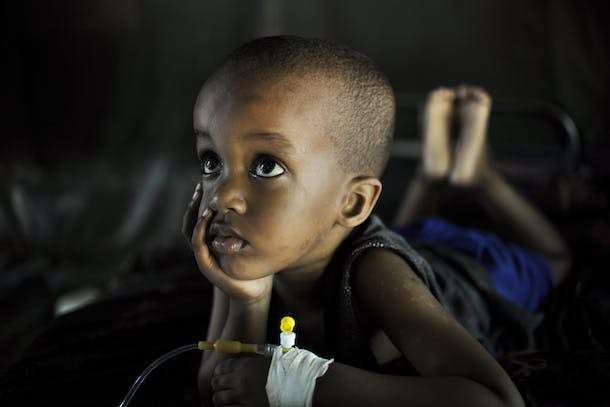
Three years ago, the United Nations General Assembly adopted a resolution on Universal Health Coverage, declaring that everyone, no matter where they live or how much money they earn, has the right to enjoy the highest attainable standard of health, regardless of their ability to pay.
In September, the goal of Universal Health Coverage was enshrined in the UN Sustainable Development Goals – the world’s to-do list to end poverty, improve lives, and protect the planet.
Here are three reasons to support Universal Health Coverage:
Affordability. Every year, 150 million people are pushed below the poverty line because of the high cost of health services. Universal Health Coverage policies can protect families from unpredictable and catastrophic expenditures and enable them to plan for and invest in their future.
Access. Currently, 400 million people lack access to one or more essential health services, such as immunizations, family planning, and malaria treatment. By making investments toward Universal Health Coverage, countries can reduce mortality and help more people survive and thrive.
Equity. Margaret Chan, Director-General of the World Health Organization, describes Universal Health Coverage as “one of the most powerful social equalizers” – it levels the playing field for the poorest and most vulnerable populations.
The best part? Countries and organizations are already making an impact. The Global Fund to Fight AIDS, Tuberculosis, and Malaria is one such organization. By working with governments to build resilient health systems, The Global Fund improves affordable, accessible, and equitable services – and works to ensure that nobody is left behind in the fight to end these three devastating diseases.
For example, in Rwanda, the Global Fund subsidizes health insurance premiums for the poor, which could serve as a model for other countries seeking to make primary health care services more affordable for all.
It’s time to ensure that everyone has access to reliable and affordable healthcare. Here’s how to get involved:
- Learn more about Universal Health Coverage Day and progress made so far.
- Read the World Health Organization’s report on Health in 2015.
- Donate to the Global Fund and learn more about its lifesaving impact.
- Explore Sustainable Development Goal 3: Good Health and Well Being.



 View All Blog Posts
View All Blog Posts